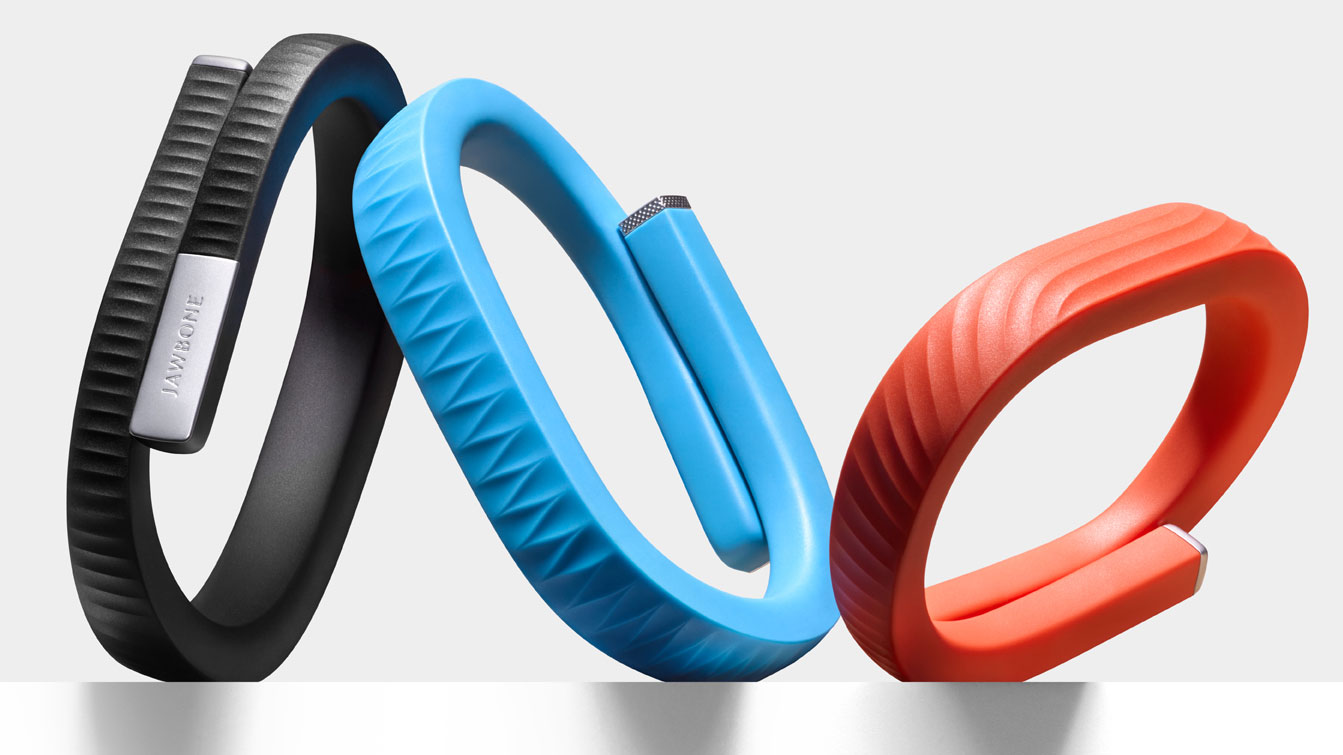Jawbone UP is coming to the iWatch
Band gets double the battery life

We love the Jawbone Up24 at TechRadar, but there's one limitation to its excellent fitness tracking software: you have to buy the Jawbone band to use it.
But that's soon to change, with Jawbone opening up its API to be compatible with a slew of other wearables, including the Pebble.
"Obviously, we're incredibly excited that Jawbone is writing a Pebble app that lets our users enjoy great activity tracking and do more with their Pebbles," a spokesperson told TechRadar, confirming that Jawbone will be coming to the smartwatch.
"We believe that the future of activity tracking hinges on companies allowing their smart algorithms to run cross-platform and gather information from multiple sources."
An Apple a day
The API will also be opened to work on Android Wear watches, as first reported by Re/Code, along with anything that runs Apple's HealthKit - meaning it will be compatible with the iWatch, or whatever Apple's wearable turns out to be.
The new app will go live over the course of September, letting users choose between the existing band-focused app and a new open-platform version. And at long last, Windows Phone will also be getting a Jawbone app.
Finally, in even better news, Jawbone has also announced that it's doubled the battery life with a new firmware update, which should mean the band will now last 14 days on a single charge.
Get daily insight, inspiration and deals in your inbox
Sign up for breaking news, reviews, opinion, top tech deals, and more.
- Find out why the Jawbone in our Jawbone Up24 review
Hugh Langley is the ex-News Editor of TechRadar. He had written for many magazines and websites including Business Insider, The Telegraph, IGN, Gizmodo, Entrepreneur Magazine, WIRED (UK), TrustedReviews, Business Insider Australia, Business Insider India, Business Insider Singapore, Wareable, The Ambient and more.
Hugh is now a correspondent at Business Insider covering Google and Alphabet, and has the unfortunate distinction of accidentally linking the TechRadar homepage to a rival publication.
